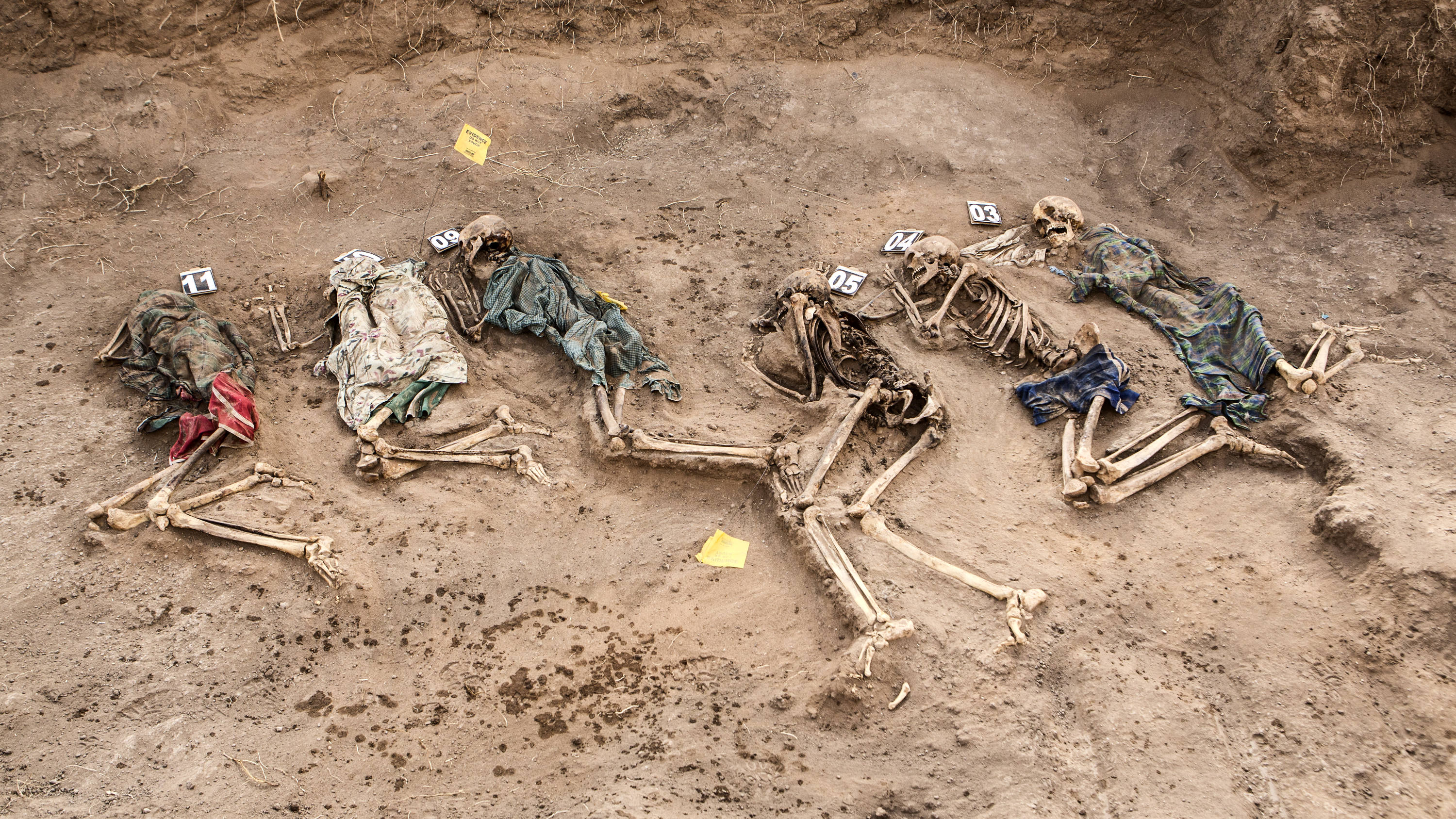The Horn of Africa has recently witnessed a worrying escalation of political tensions, with the strained relationship between Somalia and the Republic of Somaliland reaching a critical point. Somalia has officially labeled Somaliland as an enemy and threatened war, a declaration reminiscent of the dark history of the Isaaq genocide. This grim reminder of the past has raised concerns about the potential for history to repeat itself and the necessity for the international community to take action to prevent another genocide.
The Isaaq genocide, a brutal and devastating event from the late 1980s, was orchestrated by Somalia’s Siad Barre’s regime, targeting the Isaaq tribe in Somaliland and resulting in the massacre of hundreds of thousands of innocent civilians. The tragedy also displaced hundreds of thousands, forcing them to flee their homes. Despite the severity of these atrocities, the Isaaq genocide remains unrecognized internationally, leaving the wounds unhealed and the grievances unaddressed.

The legacy of the Isaaq genocide continues to shape the social and political landscape of Somaliland. Acknowledging and remembering these past atrocities is crucial to prevent similar acts of violence and foster a more peaceful society. Disturbingly, the language used by the current Somalia government in their recent declaration against Somaliland echoes the genocidal rhetoric of Siad Barre’s regime, raising serious concerns about the potential for history to repeat itself.
As the Horn of Africa descends into chaos and conflict, it is imperative to learn from history. The world cannot afford another genocide in the region, which would result in a humanitarian catastrophe and destabilize the Horn of Africa and the Red Sea. The international community must take proactive measures to address historical grievances, such as the Isaaq genocide, by acknowledging the suffering of the victims, providing justice and reparations, and fostering reconciliation among communities.
By doing so, we can lay the foundation for lasting peace and stability in the Horn of Africa, ensuring that the region’s rich cultural heritage and diverse communities can flourish without fear of violence and persecution. The world must pay attention to the unfolding events in the Horn of Africa and take action, ensuring that the lessons of history are not forgotten and that the region can move towards a brighter, more peaceful future